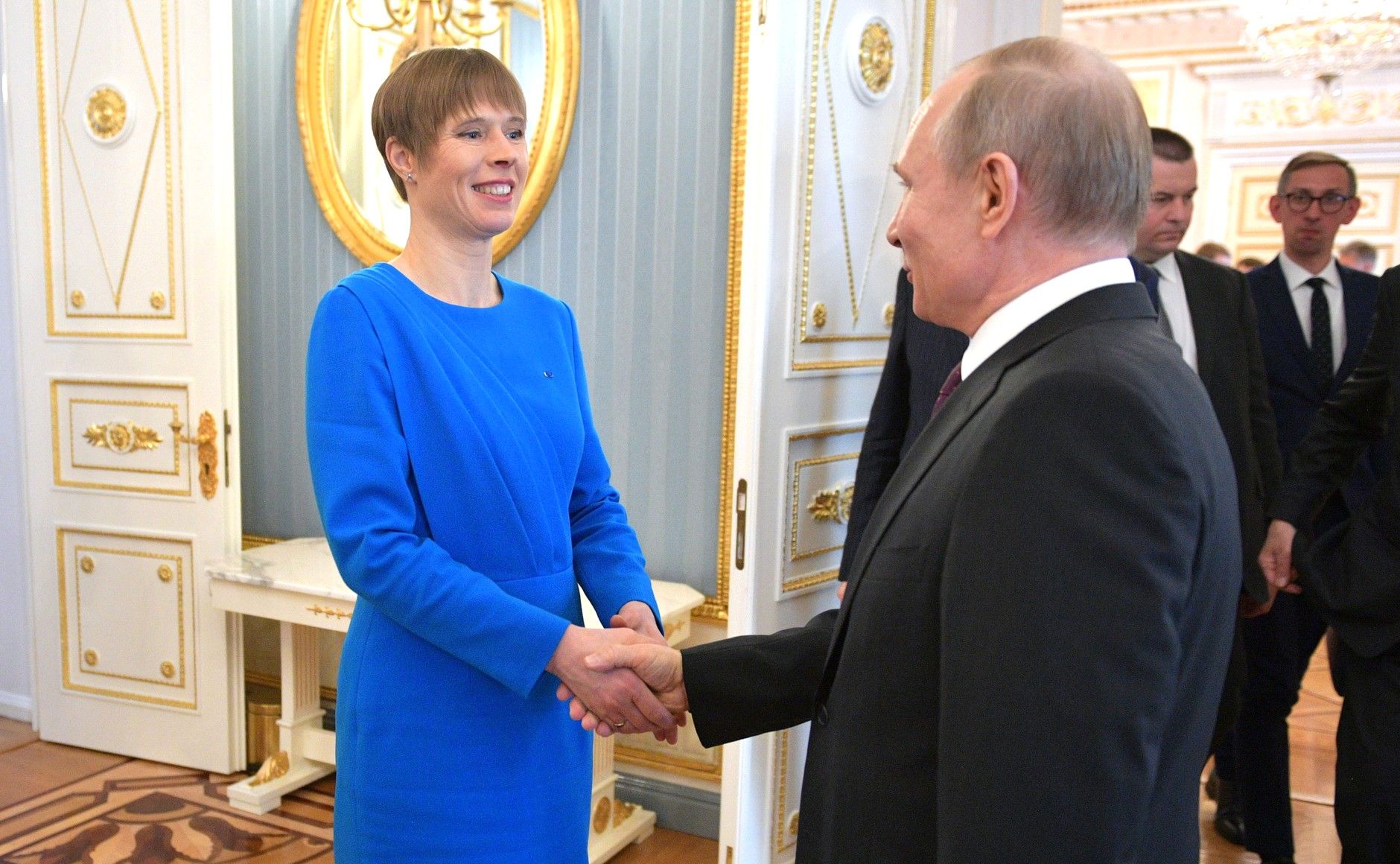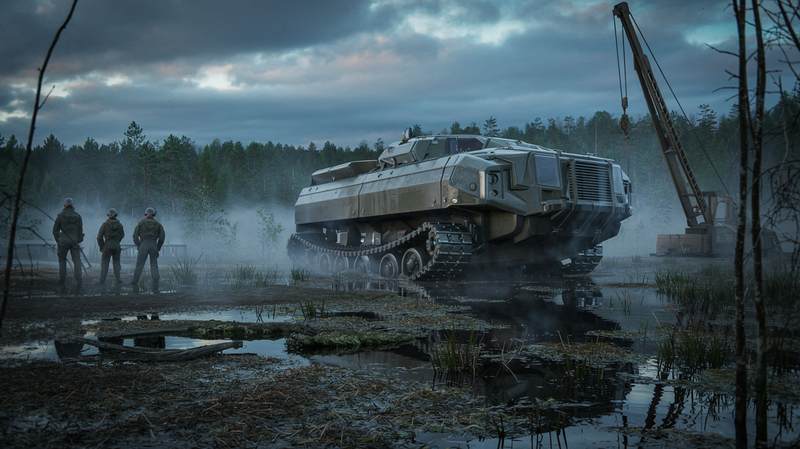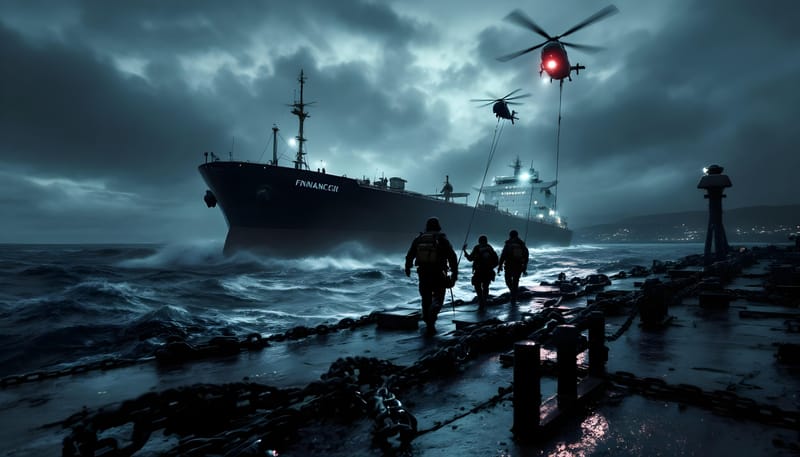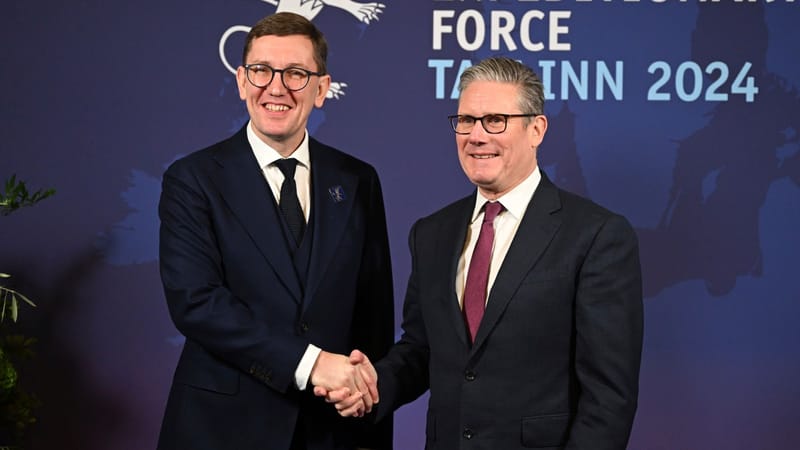Unpredictable and Troubled: Understanding the Complexities of Estonia's Relationship with Russia
Estonia, a small country in the Baltic region, has had a rocky relationship with Russia for many years. This is due in large part to Estonia's historical ties to the Soviet Union, which annexed the country in 1940 and ruled it until 1991. While Estonia gained its independence

Estonia, a small country in the Baltic region, has had a rocky relationship with Russia for many years. This is due in large part to Estonia's historical ties to the Soviet Union, which annexed the country in 1940 and ruled it until 1991. While Estonia gained its independence after the fall of the Soviet Union, the legacy of Soviet rule has continued to influence the country's relationship with Russia to this day.
One of the main reasons why the relationship between Estonia and Russia is so fraught is the issue of NATO membership. Estonia joined NATO in 2004, a move that was viewed by Moscow as a direct threat to its national security. Russia has long seen NATO as an aggressive military alliance that seeks to encircle and contain it, and the addition of former Soviet states to the alliance has been a major source of tension between Russia and the West more broadly.
Estonia's decision to join NATO was driven in part by concerns about Russia's intentions towards its neighbors. Since the annexation of Crimea in 2014, there has been growing anxiety in the Baltic region about Russia's willingness to use military force to achieve its objectives. In response, NATO has stepped up its presence in the region, conducting military exercises and deploying troops to the Baltics on a rotational basis.
Russia has responded with its own military buildup, conducting large-scale exercises near the border with Estonia and other Baltic states. This has only served to increase tensions between the two sides and fuel concerns about a potential military conflict.
But the problems between Estonia and Russia go beyond just military posturing. The two countries have also clashed over a number of other issues, including trade, border security, and human rights. Estonia has accused Russia of meddling in its internal affairs, including through the use of propaganda and cyberattacks. Meanwhile, Russia has accused Estonia of discriminating against its ethnic Russian minority, which makes up a significant portion of the population in some areas of the country.
All of these factors have contributed to a situation where Estonia and Russia are effectively locked in a cycle of conflict and mistrust. Despite occasional attempts at dialogue and cooperation, the relationship between the two countries remains deeply strained, and it is unclear how this situation can be resolved in the short term.
Some analysts argue that the best way to improve relations between Estonia and Russia is through increased engagement and dialogue. By finding areas of common interest and working together on practical issues, the two sides may be able to build trust and reduce tensions over time.
However, given the complex history and deeply entrenched issues that continue to divide Estonia and Russia, any such effort will likely be long and difficult. Until a lasting solution can be found, the relationship between these two neighbors is likely to remain troubled and unpredictable.
One of the main reasons why the relationship between Estonia and Russia is so unpredictable is that it is influenced by a number of factors that are difficult to predict or control. For example, Russia's behavior towards Estonia is often driven by larger geopolitical considerations, such as its relationship with the West, its domestic politics, and its foreign policy goals.
In addition, the Estonia-Russia relationship is shaped by historical and cultural factors that can be difficult to understand or overcome. Many Estonians have deep-seated mistrust and suspicion towards Russia due to the country's long history of occupation and repression under Soviet rule. Meanwhile, many Russians view Estonia's pro-Western orientation as a betrayal of their shared history and culture.
This complex web of factors means that the Estonia-Russia relationship is often characterized by sudden changes in tone and behavior, as well as unexpected events that can trigger new rounds of conflict or tension. For example, in 2007, Estonia's decision to relocate a Soviet-era war memorial sparked violent protests from ethnic Russians, leading to a diplomatic standoff with Russia.
More recently, in 2021, Russia massed troops along its border with Ukraine, leading to fears of a potential military conflict with NATO. While Estonia was not directly involved in this situation, it highlights the potential for unexpected events to impact the relationship between Estonia and Russia.
Ultimately, until a lasting solution can be found to the underlying issues that divide Estonia and Russia, the relationship between these two neighbors is likely to remain troubled and unpredictable. While there may be opportunities for dialogue and cooperation, the risk of sudden changes or unexpected events will continue to cast a shadow over the relationship.




